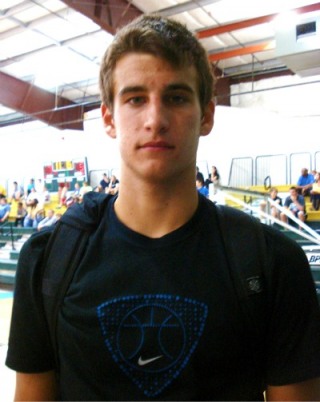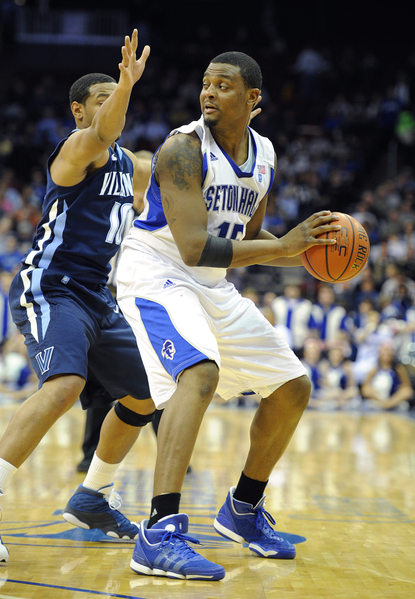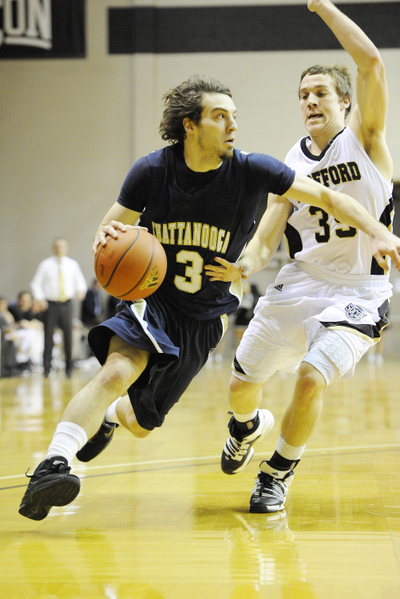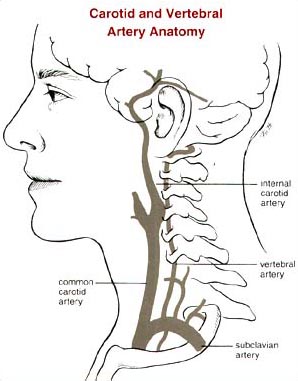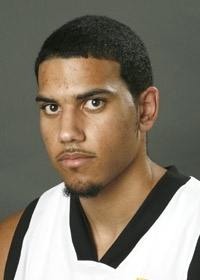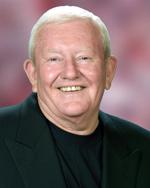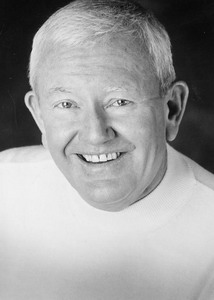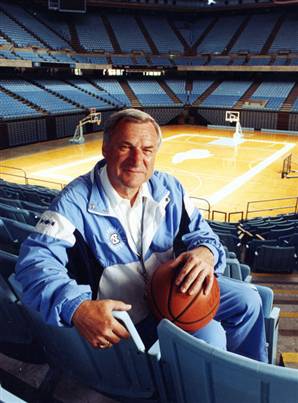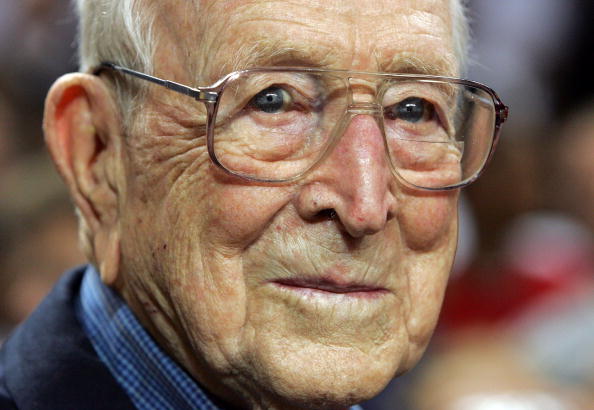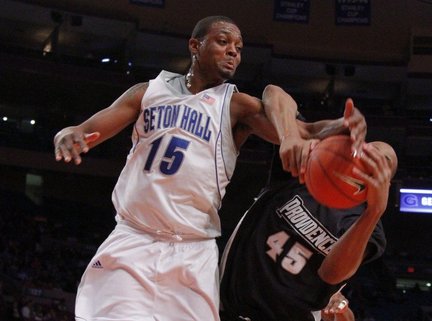We’re With You, Austin Hatch
Posted by jstevrtc on June 27th, 2011At some point today, in the attempt to bring him out of a medically-induced coma, doctors will reduce the sedating medicine that they’ve been giving Austin Hatch since Friday. Hatch, a rising junior at Fort Wayne, Indiana’s Canterbury High, committed a couple of weeks ago to play basketball for Michigan starting in the fall of 2013. He suffered a punctured lung, swelling and bruising of his brain, and fractures in his skull, ribs, and collar bone when the single-engine plane piloted by his father went down on Friday near Charlevoix, Michigan. Hatch’s father and stepmother were killed in the crash. Hatch has been kept in the coma by his physicians at a hospital in Traverse City, Michigan since the incident.
Medically induced comas are (unfortunately) frequently used by doctors for several reasons, but the overall philosophy is that the coma gives critically ill patients time to rest and regain strength, and gain full benefit from the care given by the physicians and nurses. When the caretakers think a critical patient is ready, they reduce or remove the medicine that’s keeping the patient asleep, and then see how they do as they wake up. Obviously we don’t know the specifics of Hatch’s case, but depending on the medicine used for sedation, it doesn’t take long to figure out how a patient in this situation is going to do; we’re talking a few minutes up to a few hours. Even so, because of the understandable measure of caution that comes with reporting news of this nature, we wouldn’t expect an update of Hatch’s condition to be made public until the next day at the earliest. As soon as we see reliable accounts become available, we’ll have something up here or we’ll put something out over Twitter.
It hardly seems believable, but if Hatch does well off of sedation, there is another matter: remember, this is his second plane crash. He lost his mother and two siblings in a crash in 2003. Friday’s crash cost him his father and his stepmother. He doesn’t know it yet. Not only does he have to fight for his life today, but if he succeeds, he’ll have to be told about what happened to the rest of his family. It’s unspeakable.
Austin, we’re all praying things work out for you today, and that you’ll find at least some comfort in all the teammates, coaches, classmates and friends who have traveled to the hospital to be with you as you recover. The entirety of the college basketball world is behind you.





























